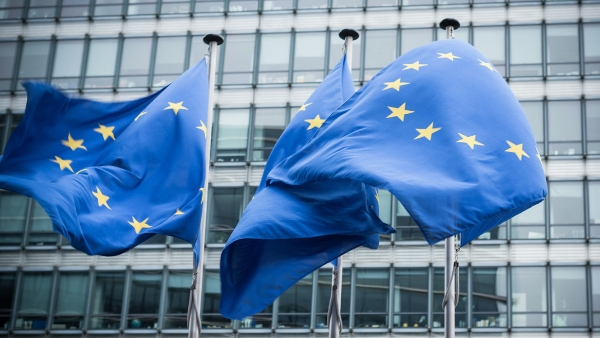
The European Commission has issued a substantial fine to Guess, the clothing company, of €39,821,000 as their distribution agreements breached EU competition rules.
The Commission undertook an investigation in relation to the distribution agreements of Guess, who operate a selective distribution system within the European Economic Area. Although there is a certain amount of freedom as to how companies set up their distribution systems, they need to ensure that they conform to EU competition rules.
The investigation found that the distribution agreements that Guess were using, restricted the authorised retailers in them from undertaking the following:
The Commission found that these restrictions enabled Guest to split European Markets, meaning that in practice prices were 5-10% higher in Eastern European countries than in Western Europe.
The Commission decided that the restrictions used by Guess were illegal and that they deprived customers in Europe of the possibility of shopping cross-border for better deals.
The fine issued by the Commission to Guess is substantial, being just short of €40 million. When calculating the level of the fine, the Commission took into account the value of the sales and the impact and duration of the infringement. However, they also took into account the fact that Guess had co-operated beyond their legal duty with the Commission and even informed the Commission of an infringement committed by the company, of which the Commission were not aware of before. In light of this, the Commission granted a 50% reduction of the fine.
This decision complements the recently implemented Geo-blocking Regulation (2018/302) (the Regulation). (Please see our article regarding this Regulation for further information). This Regulation prohibits geo-blocking and other restrictions based on geographic location, as this reduces the ability of customers to purchase goods and services in a cross border scenario and inhibits the scope and freedoms of customers shopping online.
Under the Geo-blocking Regulation a supplier cannot restrict passive sales (which are unsolicited customer requests) under certain circumstances. The Commission decided that the terms Guess were using, that restricted passive sales, were also prohibited by the Regulation.
The Commission made clear that parties who have been affected by the behaviour of Guess still have the ability to be awarded damages if they bring the matter before the courts of a Member State, and that this would have no impact on the fine that has been issued by the Commission. It remains to be seen whether anyone will bring an action against Guess in relation to the anti-competitive terms included in their distribution agreements. It should also be noted that the Commission has now set up a tool to enable individuals to more easily report anti-competitive behaviour anonymously, presumably with the aim to encourage more individuals and companies to report this kind of behaviour.
The Commercial team at Michelmores are happy to answer any queries you may have regarding the above decision or in relation to the Geo-blocking Regulations and distribution agreements. Please contact David Thompson, a Partner in the Commercial team.